Time can be a difficult thing to make meaningful inDungeons & Dragons.
like stay one map tile away from others in the queue.
In the other direction, you sometimes want to create urgency for your players.
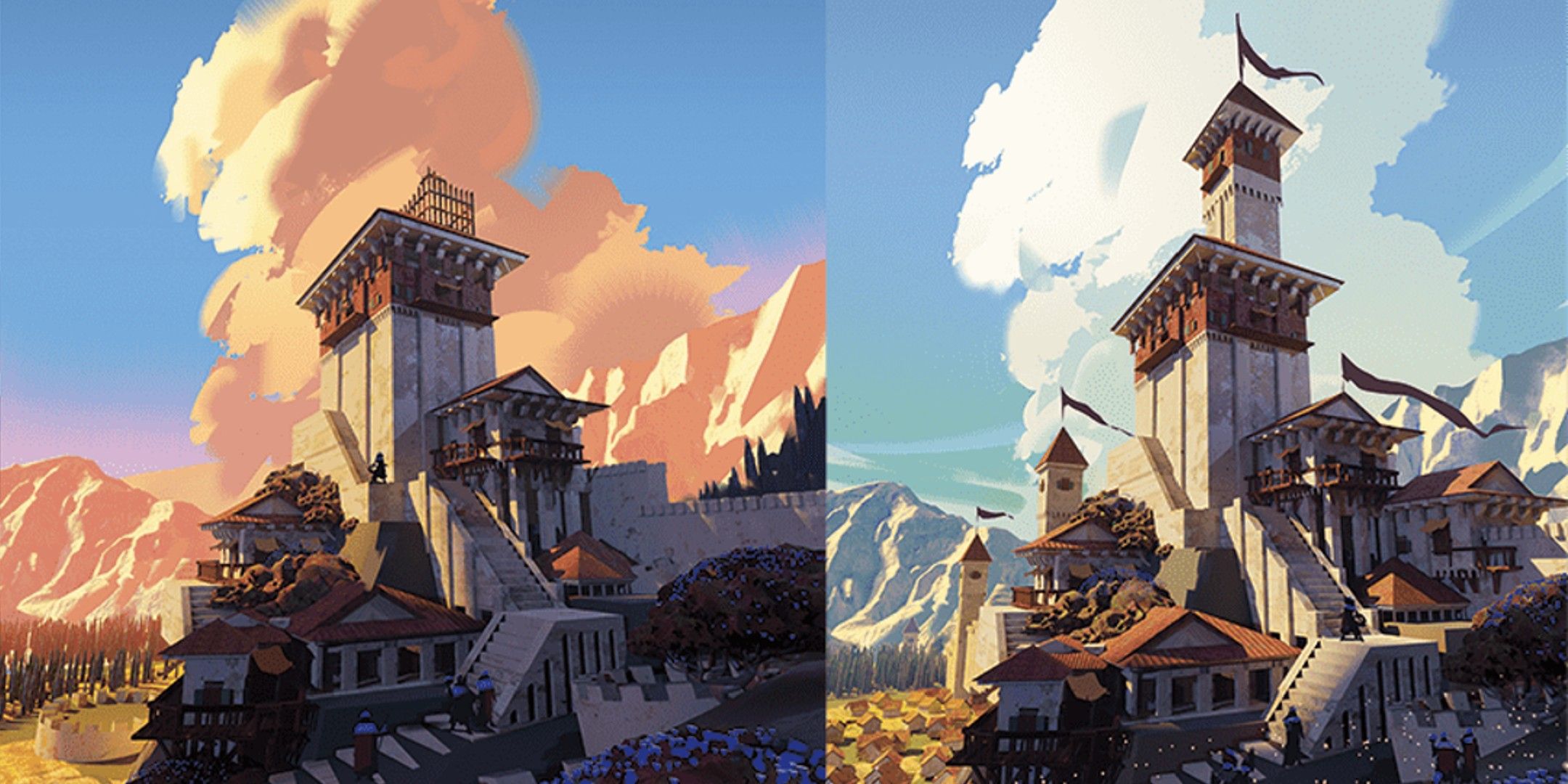
Late Bastion by Noor Rahman
Here are some methods for managing the clock in your game that won’t take too long to learn.
There are a few methods forensuring that these short-duration effects can be accurately tracked.
For most similar situations it can be safe to keep the exact timings vague.

Dwarf Fighter by Nestor Ossandón Leal.
If anything interrupts this travel, they’re liable to be too slow.
it’s possible for you to create obstacles that consume a set quantity of time.
This is very easy to do.
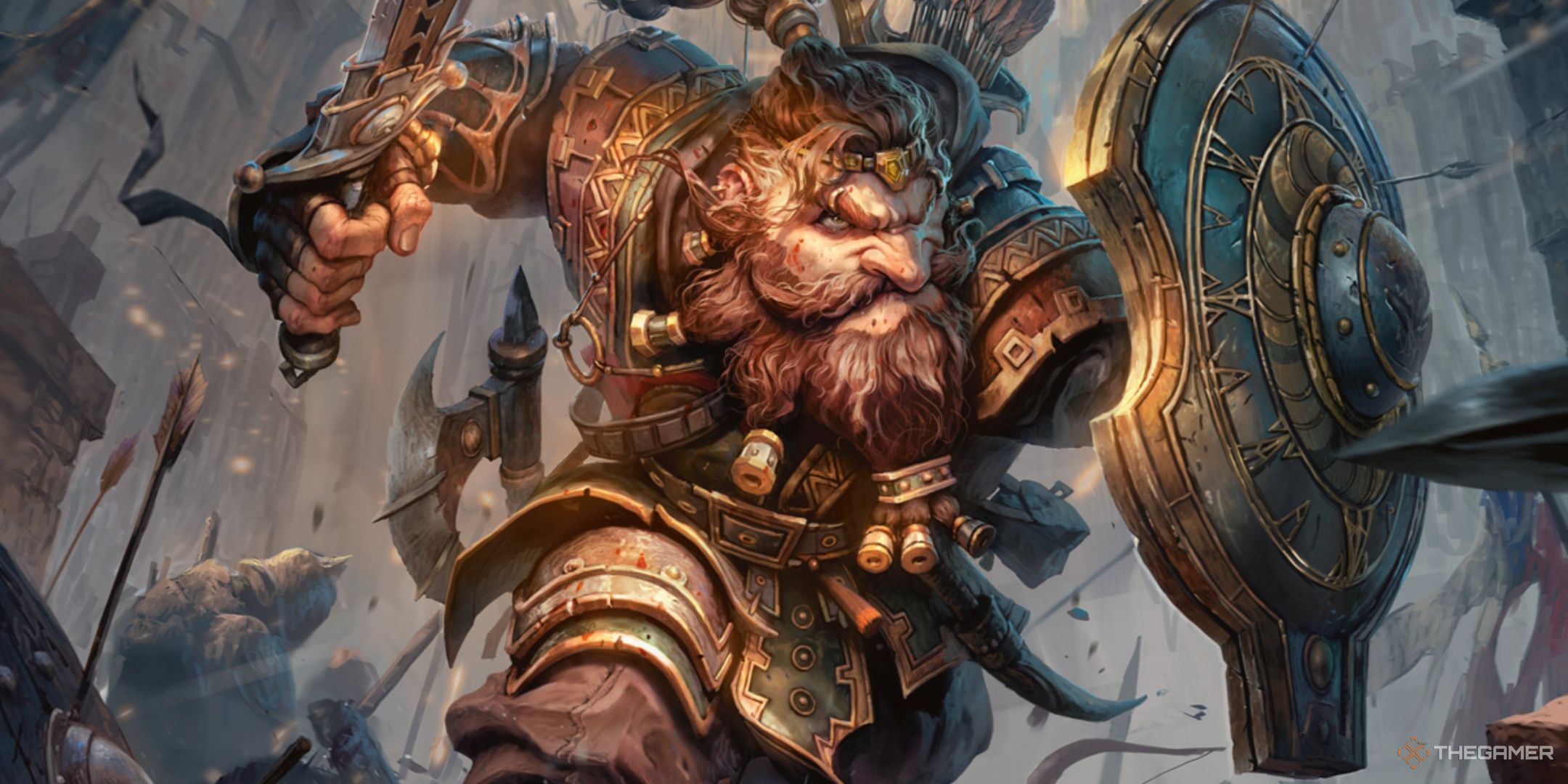
Dwarf Fighter by Nestor Ossandón Leal.
Justhave the antagonist’s plans advance over time.
If you emphasize the wrong amount of urgency,the party might push too far without resting.
This can easily cause them to be wiped out by the next combat.
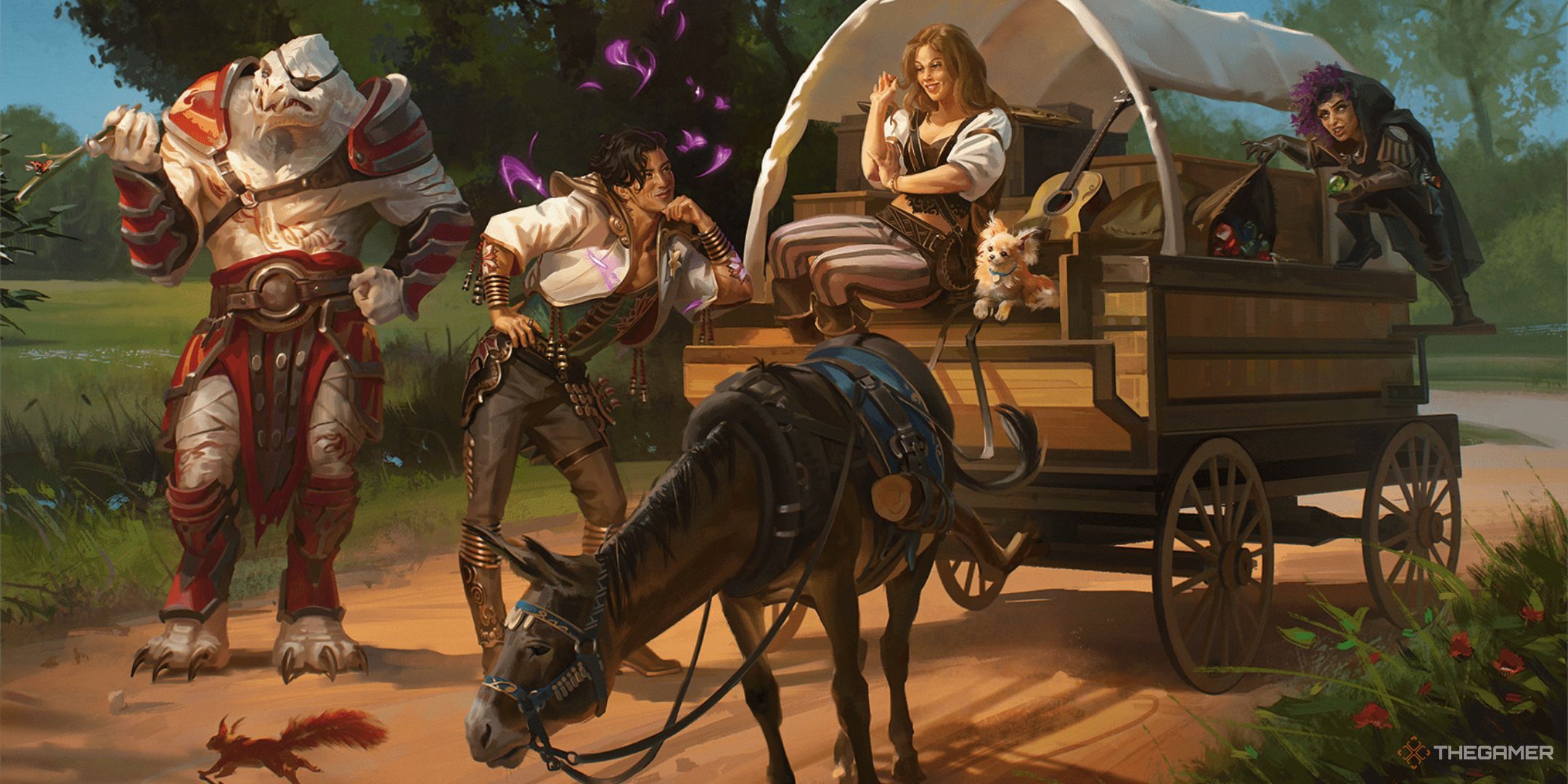
Art by Katerina Ladon
It gives the players the choice of whether to engage with any time mechanics.
This is theeasiest on the Dungeon Masterand has little room for misunderstandings.
Some players would prefer a more immersive method.
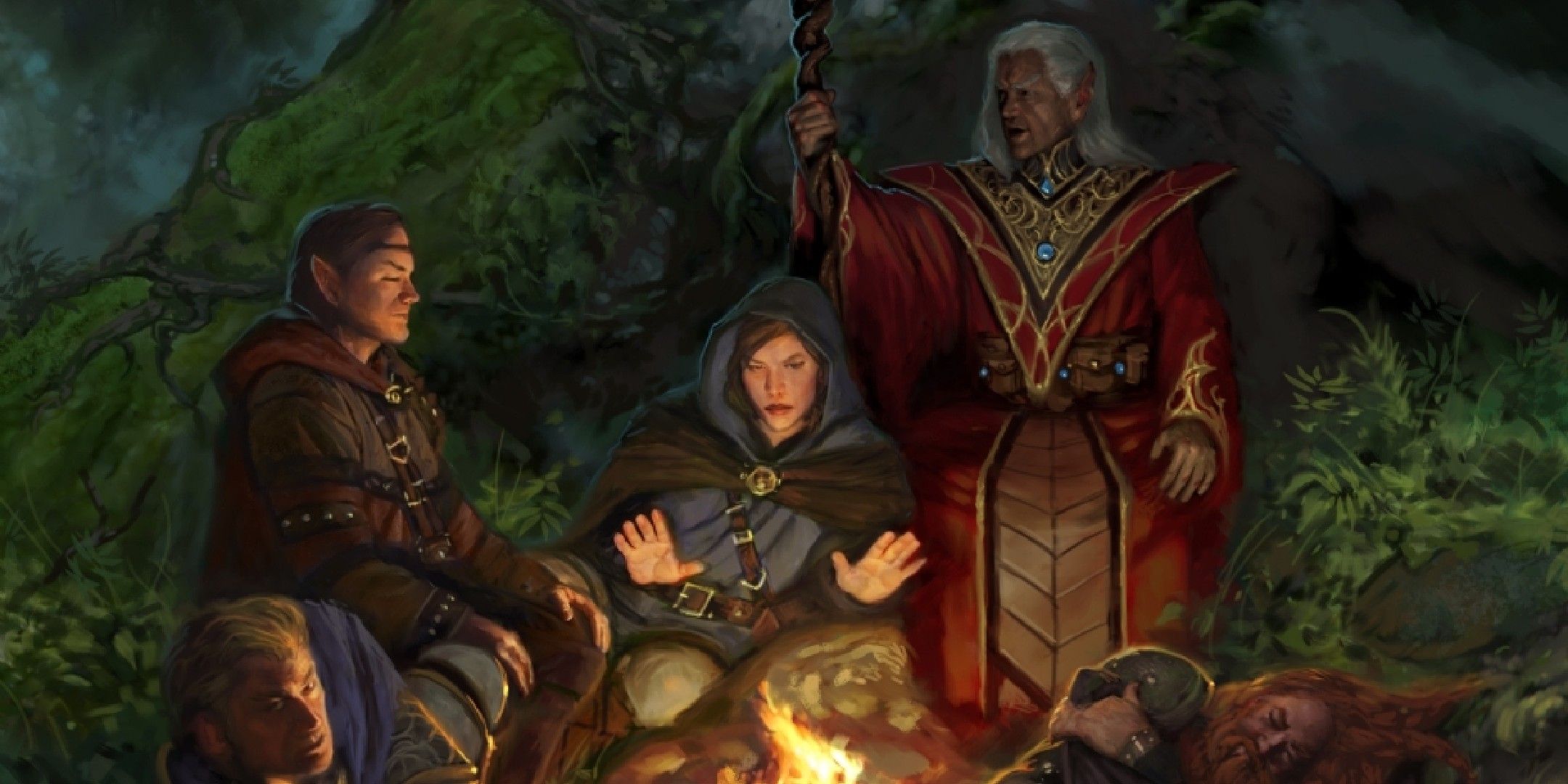
Setting Up Camp by Matthew Stawicki
A minute-long fight might be followed by a half-hour of treating wounds, cleaning weapons, and funerary rites.
This can be very immersive if done well.
This cangive extra short rests to playerswho deliberately opt out of non-combat actions.
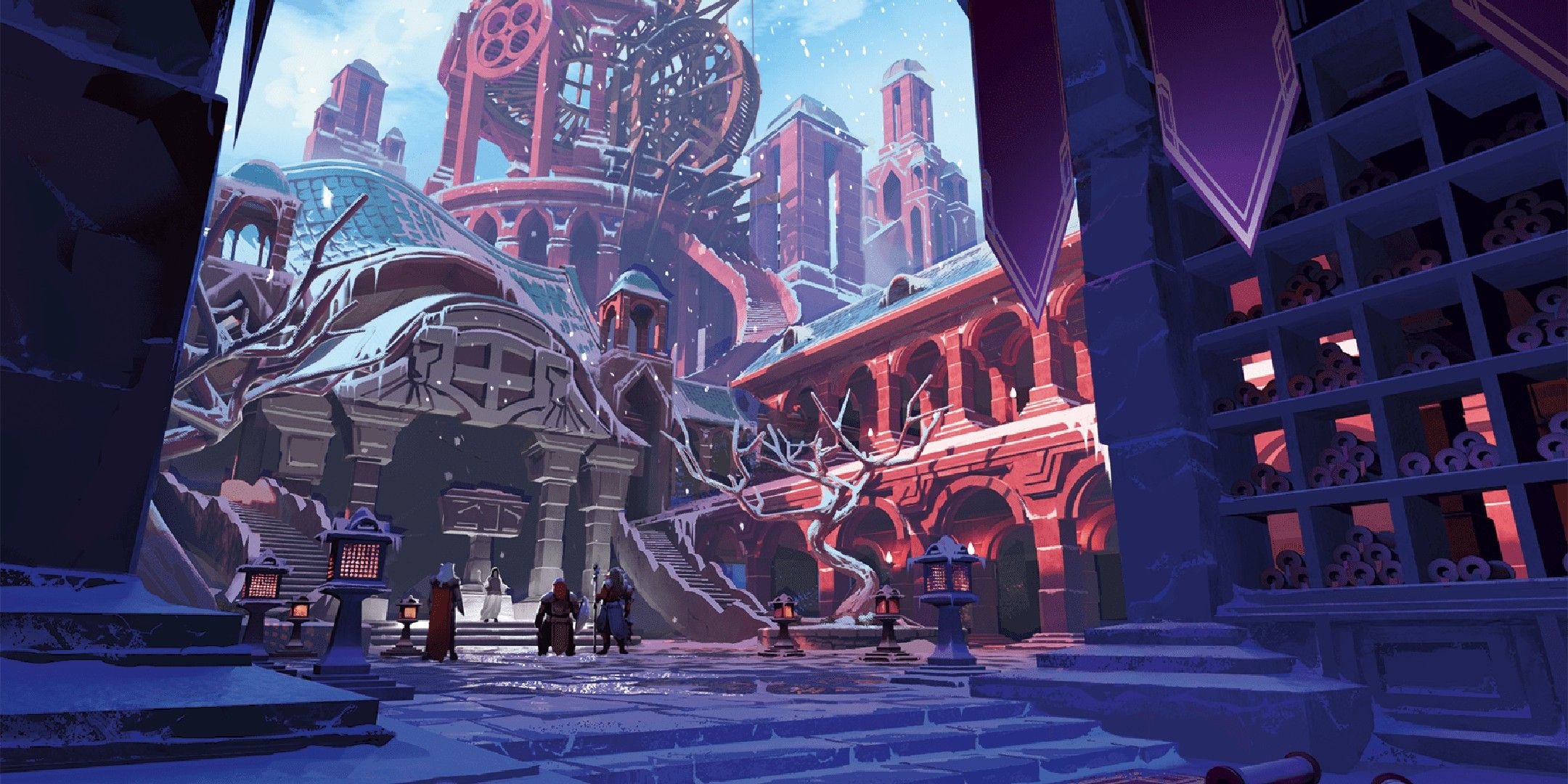
Bastion Observatory by Noor Rahman
Characters with fewer skills will get less spotlight time.
The design of bastion turns is intended to beflexible for different scales of campaign length.
The DMG includes further suggestions about how to pace the timing of a campaign in the design process.

you might adjust other aspects of how quickly the players can act to fit the pace of the narrative.
Here’s how Fear and Mental Stress work in D&D!
you might choose to give the day and months unique names or keep them recognizable for ease of use.

The Spire by One Pixel Brush
If you’re moving too far from Earth’s calendar, you’ll want to make detailed notes.
Some Virtual Tabletops or worldbuilding apps have tools for creating unique calendars.
An immersive option for worldbuilding is tocreate competing or complementary calendars.
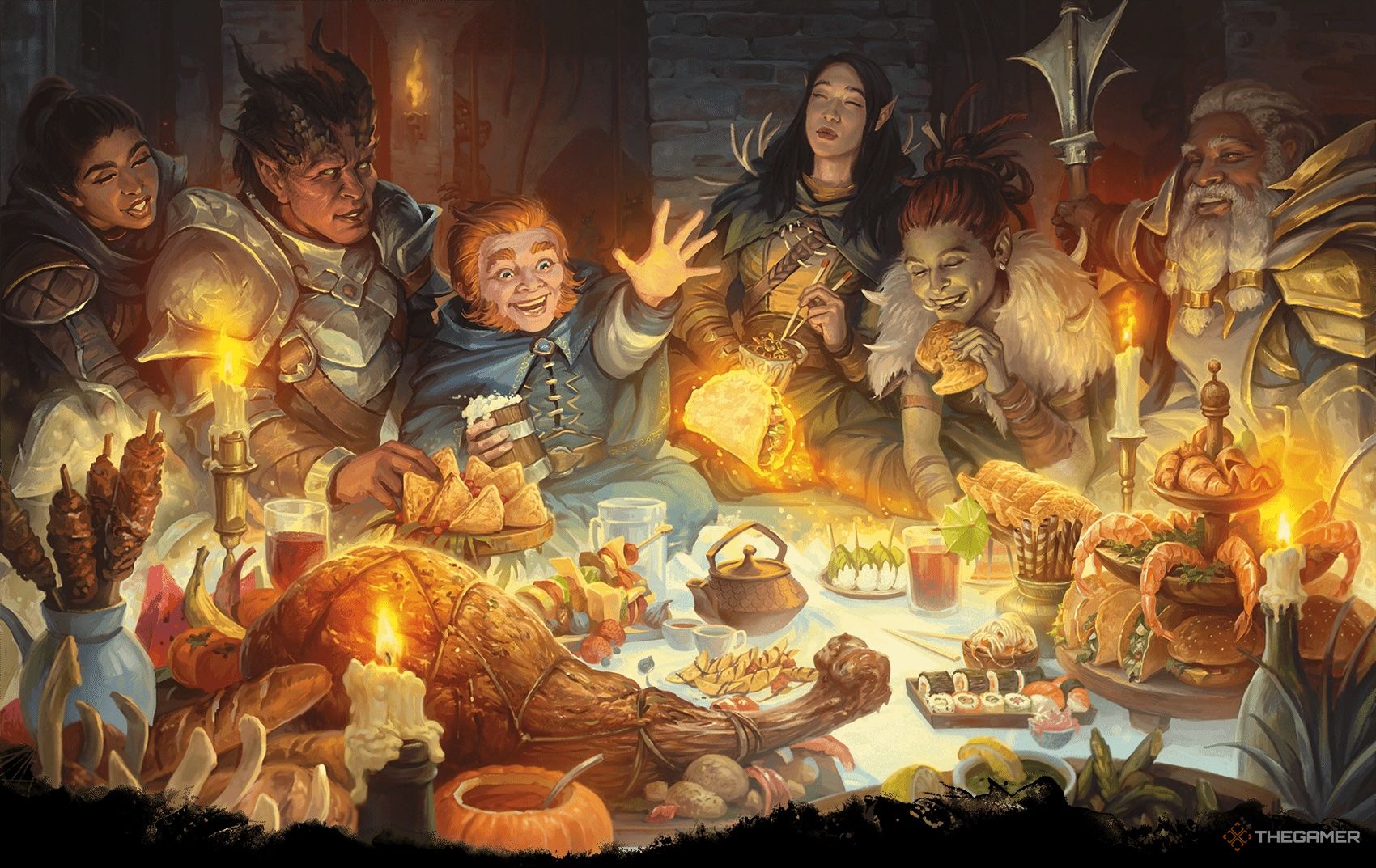
Artwork by Raluca Marinescu via Wizards of the Coast
Our own world still has festivals and events tracked using the lunar calendar rather than the Gregorian calendar.
The Dungeon Master’s Guide notes that for some controls, precise timekeeping might not even be a consideration.
Similarly, a setting that hasn’t invented clocks is liable to have a looser definition of scheduling.
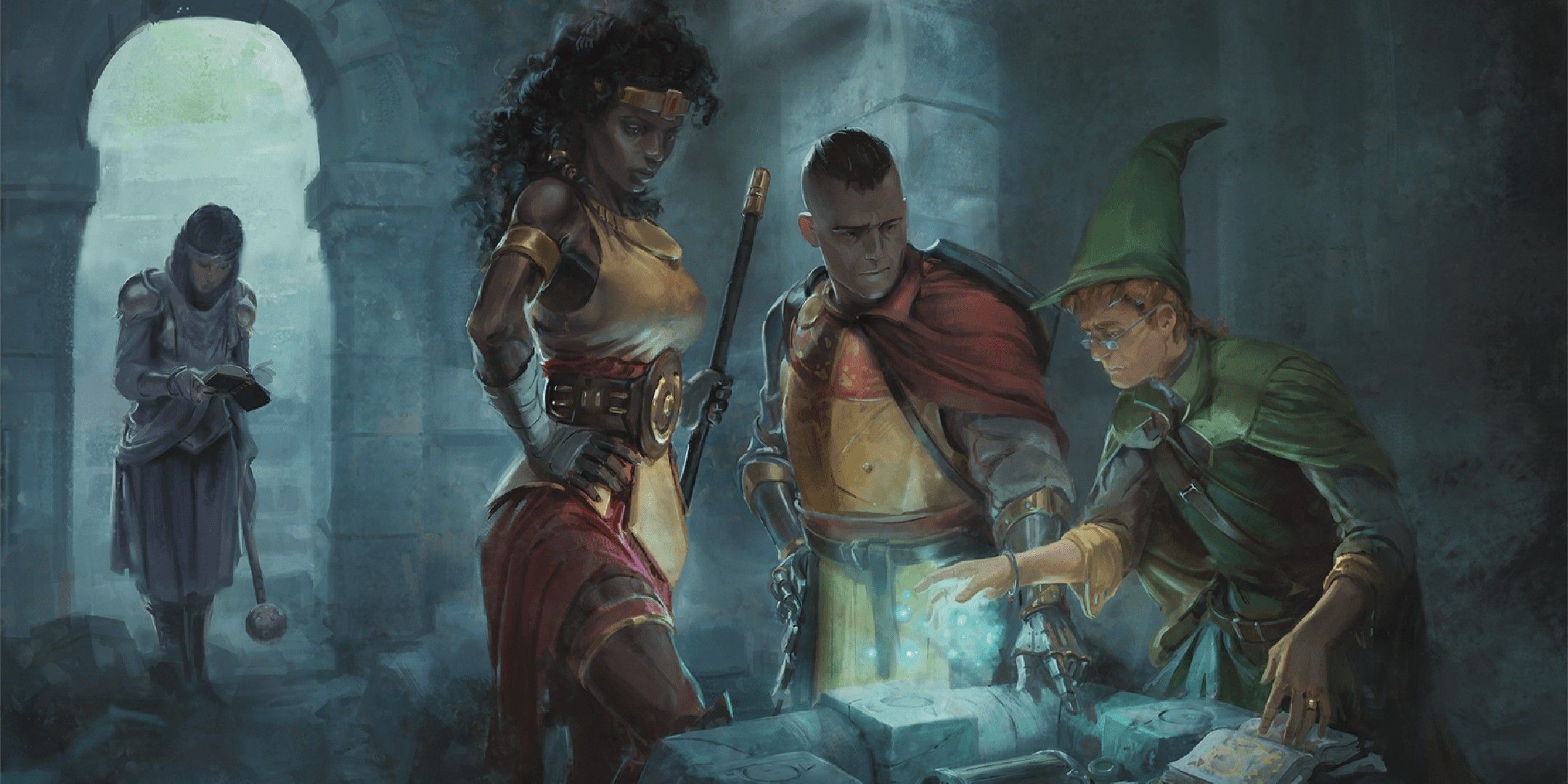
Bronze Age Egypt used a 365-day calendar but only three seasons.
It takes some skill and practice toalways have your session end at the same time each game night.
Here are a few techniques for how to manage the timing of your game.

They might cut out a non-important encounter, such as a puzzle room or a minor combat.
Instead of discarding the encounter, you could repurpose it for use in a later session.
They might also make risky decisions in character with the hopes of saving time.

There are ways of handling this that retain player agency.
Don’t let your players become hostile monsters.